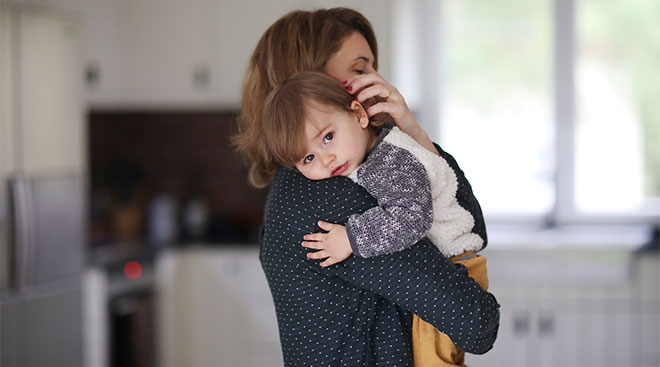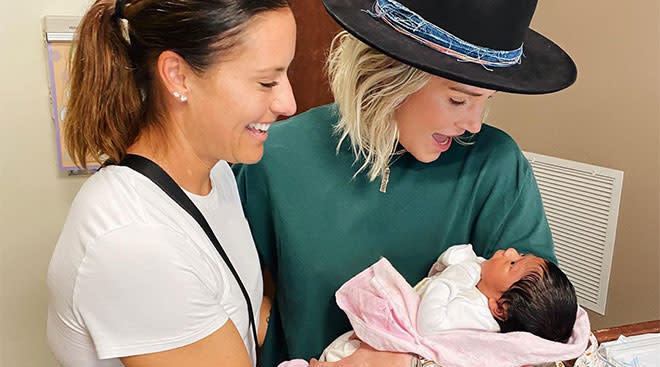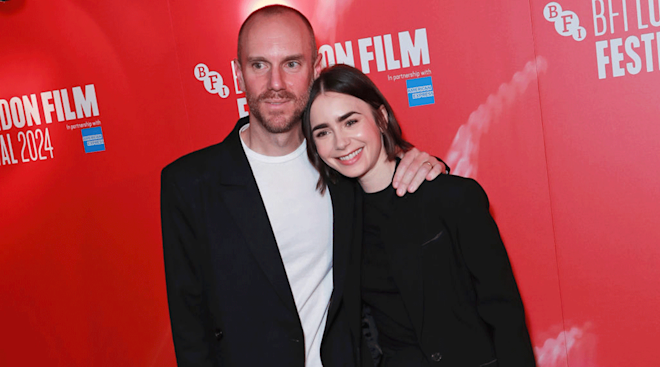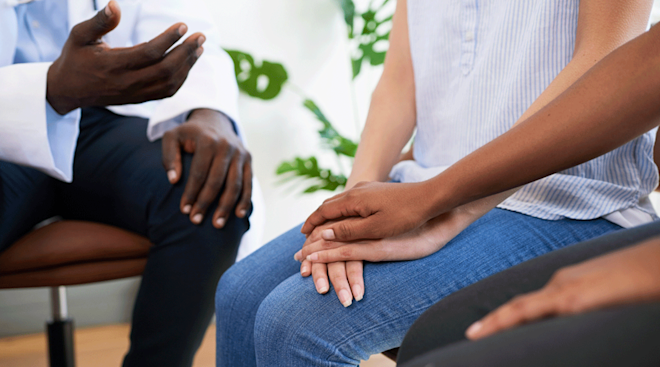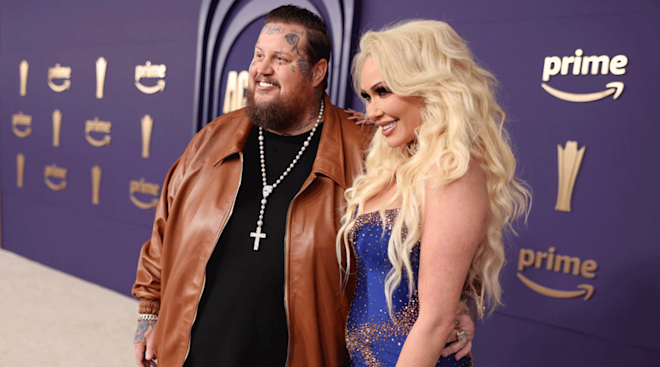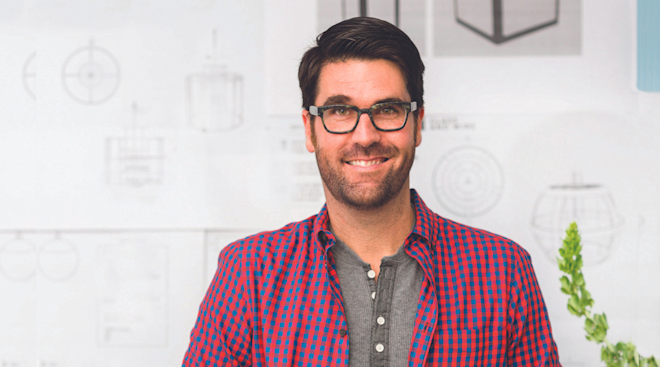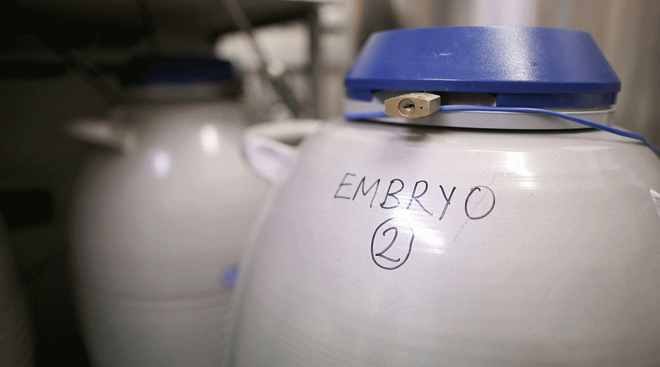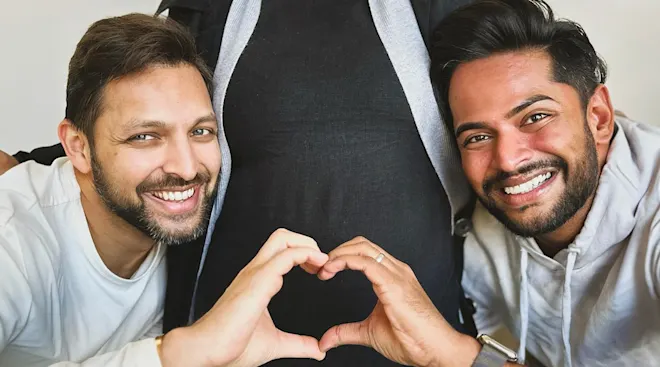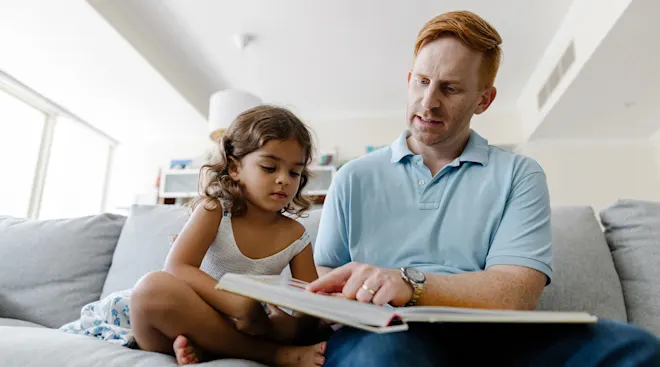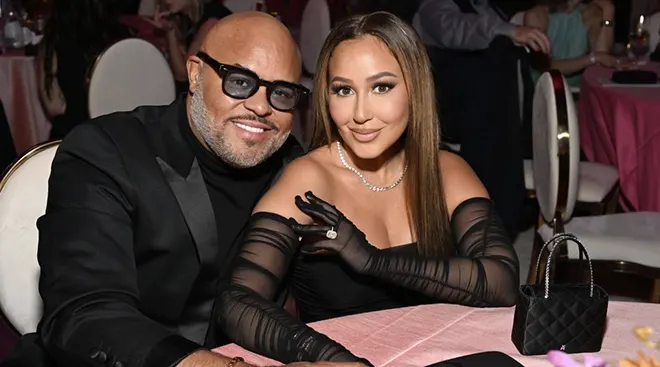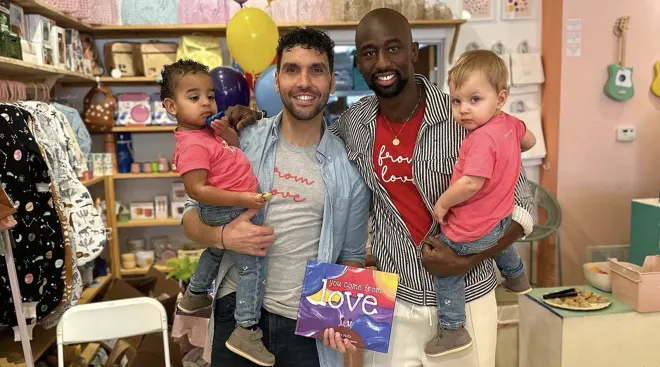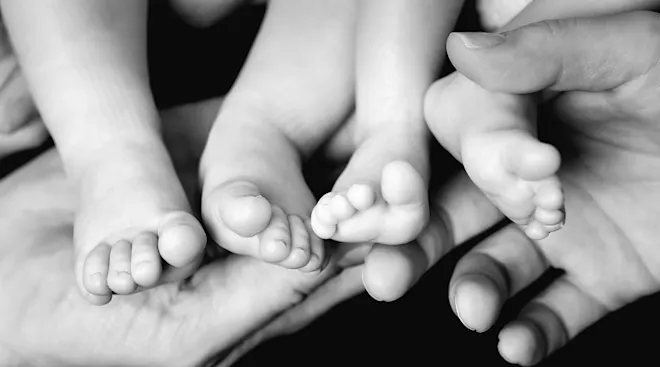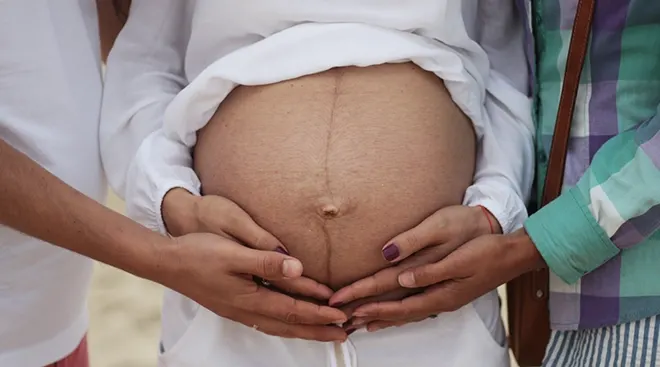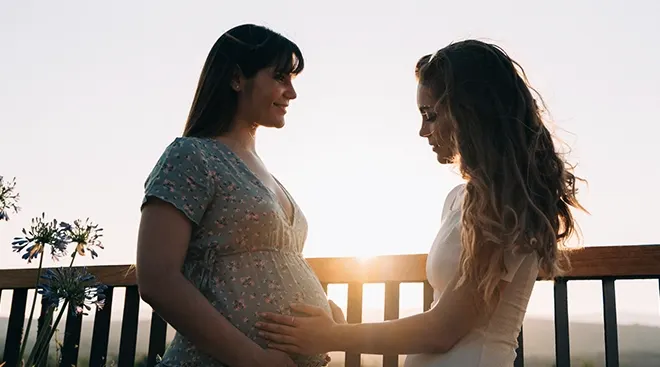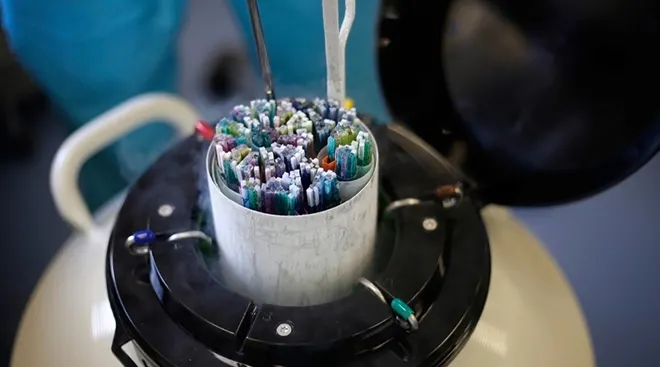Navigating the Mixed Emotions That Come With Adoption
You’ve made the decision to adopt—congrats! It can be an exciting journey, and you’re hopefully imagining the warm cuddles and happy times ahead as a sweet new child joins your family.
A lot of prospective parents spend much of the pre-adoption waiting period emotionally preparing for the joyful goodness to come. But while planning and hoping and patiently counting down the minutes might feel protective for your mood and well-being, the reality is that adoptive parents are very much at risk for mental health conditions mid- and post-adoption. That’s why proactively caring for your emotional health is so important; it can help ensure that you and your new addition adjust more readily to this major life moment and transition.
If you’re on the path to adoptive parenthood, you’ll want to know what’s in store—and that includes understanding the effects the process can have on your mental health. Here are five things to know about navigating the emotional rollercoaster that is adoption.
There’s a plethora of data that has focused on how to foster the emotional health and well-being of an adopted child. This has led to research-proven ways to help children adjust and feel safe, stable and secure. But did you know that adoptive parents can also experience emotional struggles as they adjust to this change?
Post-adoption depression (PAD) occurs in both adoptive moms and dads at rates that are very similar to those of postpartum depression. This means that 1 in 7 moms and 1 in 10 dads will experience depression after adoption.
Depression can occur at any point in the long and process-driven journey, even before the adoption actually occurs. This is why it’s important to be aware of your emotional health needs in advance—for the sake of your growing family.
Typical symptoms of depression include loss of interest in activities you used to enjoy, diminished energy, sleep disturbances, guilt, changes in appetite, feelings of hopelessness and worthlessness and/or suicidal ideation. If you ever have thoughts of harming yourself or anybody else, it’s considered a medical emergency; call 911 or go straight to your local emergency room.
Research has found that some adoptive parents are at increased risk for PAD. A prior personal history of depression, lack of social support, an unhealthy relationship between the parents, lower socioeconomic status, infertility, sleep deprivation and difficulty bonding with an adopted child are among the factors that can all individually or collectively play a part in depression.
Even if you don’t not have any of these risk factors, you may still experience some degree of depression during the adoption process. PAD can impact all people and all genders.
Expanding your family may be all you’ve ever wanted, but that doesn’t mean you’ll feel unflinching happiness and fulfillment throughout the entire adoption process. Nevertheless, negative or conflicted feelings that occur alongside your joy might be downright confusing.
Having conflicting emotions around this transition into parenthood is known as maternal or paternal ambivalence. Many parents report a sense of shame or guilt when they have these mixed emotions, but it’s a completely normal and common experience that occurs with biological births too. Feeling this way doesn’t mean you’re any less of a loving or dedicated parent. Of course, if these confusing and upsetting emotions persist or start affecting your ability to adjust to life with a new child, consider consulting a therapist; they can help you explore and process your feelings.
When parents take care of themselves, everybody wins! This is especially true as it pertains to your emotional health. Extensive research following the biological children of moms with significant mental health difficulties shows that kids benefit in many ways when their parents take steps to treat any mental health conditions. A study examining the emotional health and wellness of adopted children mirrors this finding; this suggests that good emotional health in adoptive parents can be highly protective for adopted children as well. Parents who take measures to care for their mental well-being have a greater chance of raising children who adjust better and have fewer behavioral challenges.
The good news is that you’re not alone. Lean on your community. Join a support group for adoptive families (your adoption agency can likely connect you with one). Support from friends and loved ones, other adoptive families and mental health professionals can help ensure a healthy transition into adoptive parenthood.
Many forms of therapy can be highly beneficial too; one of the most powerful therapeutic strategies commonly employed involves shifting the narrative and perceived framework around the adoption experience and any expectations. For example, it’s helpful to know that it might take time to adjust and bond with your child—and that this is completely natural and normal.
Many families choose to pursue group counseling after adoption, but some members of adoptive families may also benefit from individual therapy or marital counseling support. In many cases, antidepressants and other psychotropic medications can also be used in conservative and judicious ways to help individuals and their families.
All people and all parents—whether welcoming a child through adoption or biological birth—can suffer from depression or other emotional struggles. The adoption process can impact your mental health and have a ripple effect, so check in with yourself, your partner and your children to stay on top of it. And don’t hesitate to reach out for additional support if you need it.
About the author:
Aparna Iyer, MD, is a board-certified holistic reproductive psychiatrist practicing in Dallas, Texas. She is an author and has been featured in several academic and popular media outlets. She is also a speaker for several organizations, focusing on maternal mental health and emotional wellness. Follow her on Instagram and learn more at www.draparnaiyer.com.
Please note: The Bump and the materials and information it contains are not intended to, and do not constitute, medical or other health advice or diagnosis and should not be used as such. You should always consult with a qualified physician or health professional about your specific circumstances.
Plus, more from The Bump:
Navigate forward to interact with the calendar and select a date. Press the question mark key to get the keyboard shortcuts for changing dates.
































